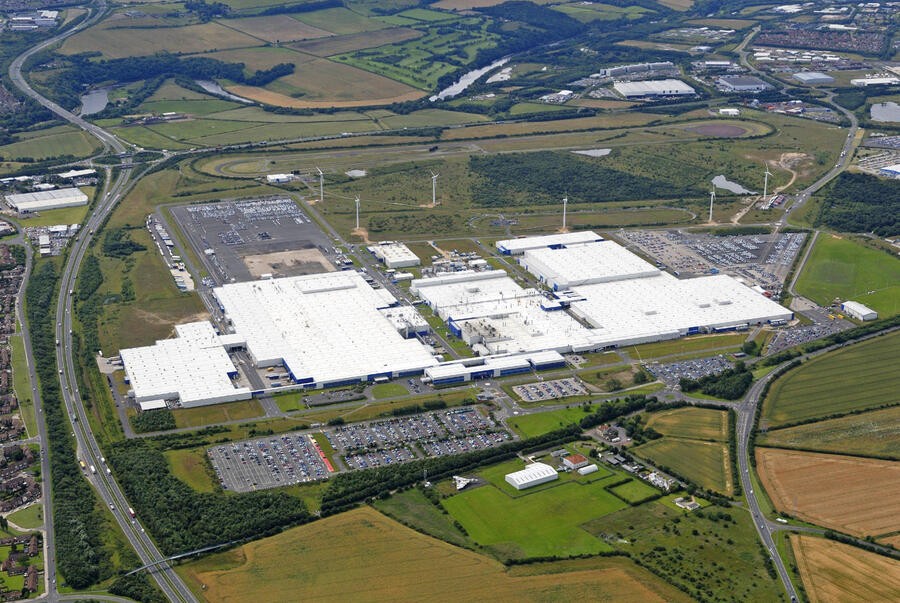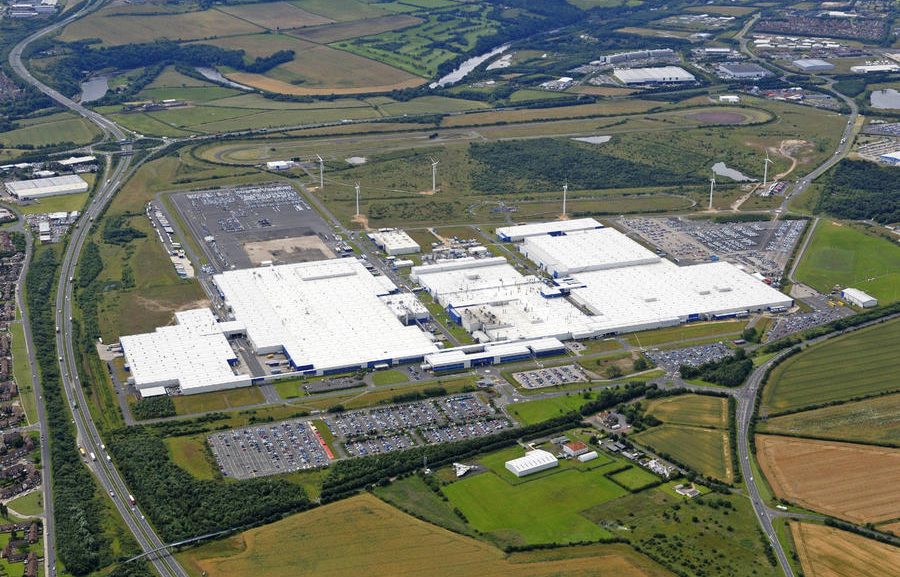[ad_1]
But Ghosn acquired the new name ‘Mr Fix It’ when he was sent in to Nissan in 1999 after Renault purchased 43% of the Japanese company, which was facing bankruptcy.
Ghosn’s plan was to produce one of the most breathtaking turnarounds in any industry, which helped Nissan go from the brink of ruin back to profitability in just two years.
In the process, he became the first non-native-born person to run a Japanese car company, and even though his plan involved closing five factories and cost 21,000 jobs at Nissan, he was seen within a few years as a business messiah in Japan.
Ghosn enjoyed near-hero status for years: in 2001, his life was serialised in a Japanese cartoon comic book and in 2011, he was voted the seventh-most-popular choice in a poll about who should run the country.
Success followed success as the Renault-Nissan Alliance became a major player in the global car industry and, in 2007, Ghosn led the alliance into the mass-volume, zero-emissions electric car market. He was a pioneer of the electric car way ahead of his opposition with the Leaf, first built at Nissan’s Sunderland plant in 2010 and going on to be the world’s best-selling EV. His ambition was to see a pure-electric motoring world.

Ghosn appeared obsessed with growing his empire, and the Alliance bought a share of another ailing Japanese car company, Mitsubishi, in 2016 following Renault’s purchase of Russian car manufacturer AvtoVAZ (which owns the Lada brand) in 2014.
By 2017, the Alliance had broken the 10 million-per-year car production barrier and Ghosn tried to add another partnership, with Fiat Chrysler Automobiles, in 2018. That failed to come to fruition after he was arrested, with FCA later forming an alliance with arch-rival, the PSA Group.
As his empire grew, Ghosn become more autocratic, say those who worked with him, and he developed expensive tastes that included luxury homes in Beirut, Rio de Janeiro and Paris. (He’s a national of Lebanon, Brazil and France.) He celebrated the 15th anniversary of the Alliance at the Palace of Versailles with an event held on the day of his 60th birthday and estimated to have cost €635,000 (£542,000 at current rates), and later held a lavish, Marie Antoinette-themed reception for his own wedding at Versailles.
His salary became the source of constant wrangles, especially with the French government, which holds a majority stake in Renault. In 2017, he was paid $17 million (£13m) in salary, share options and bonuses, and shareholders voted against his salary increase in 2018.
[ad_2]
